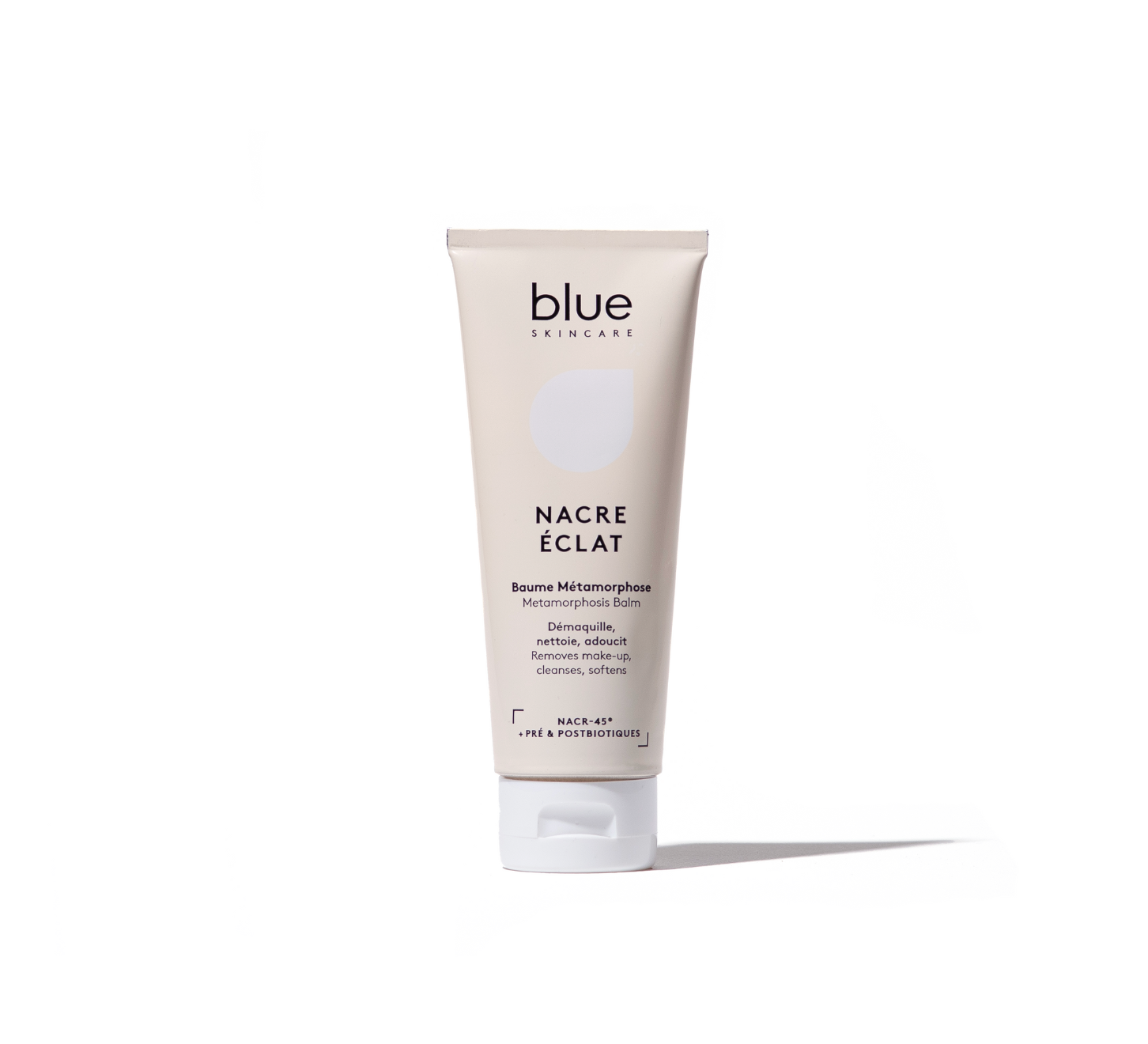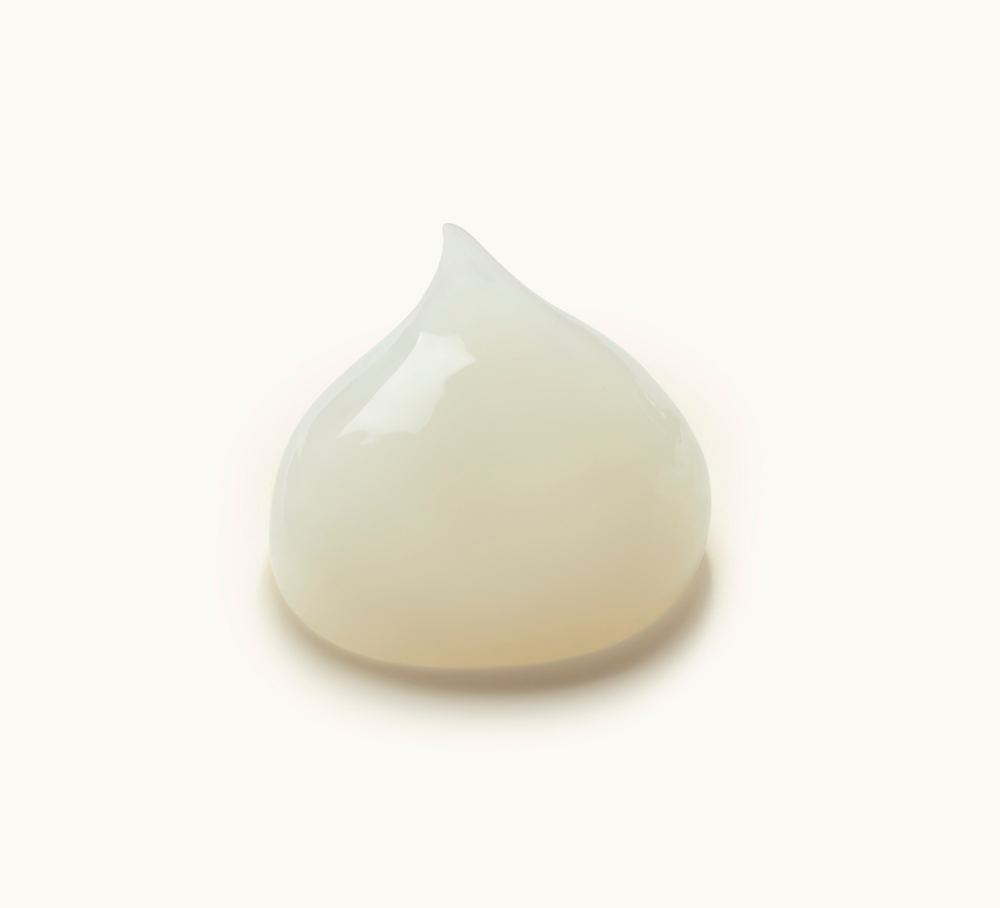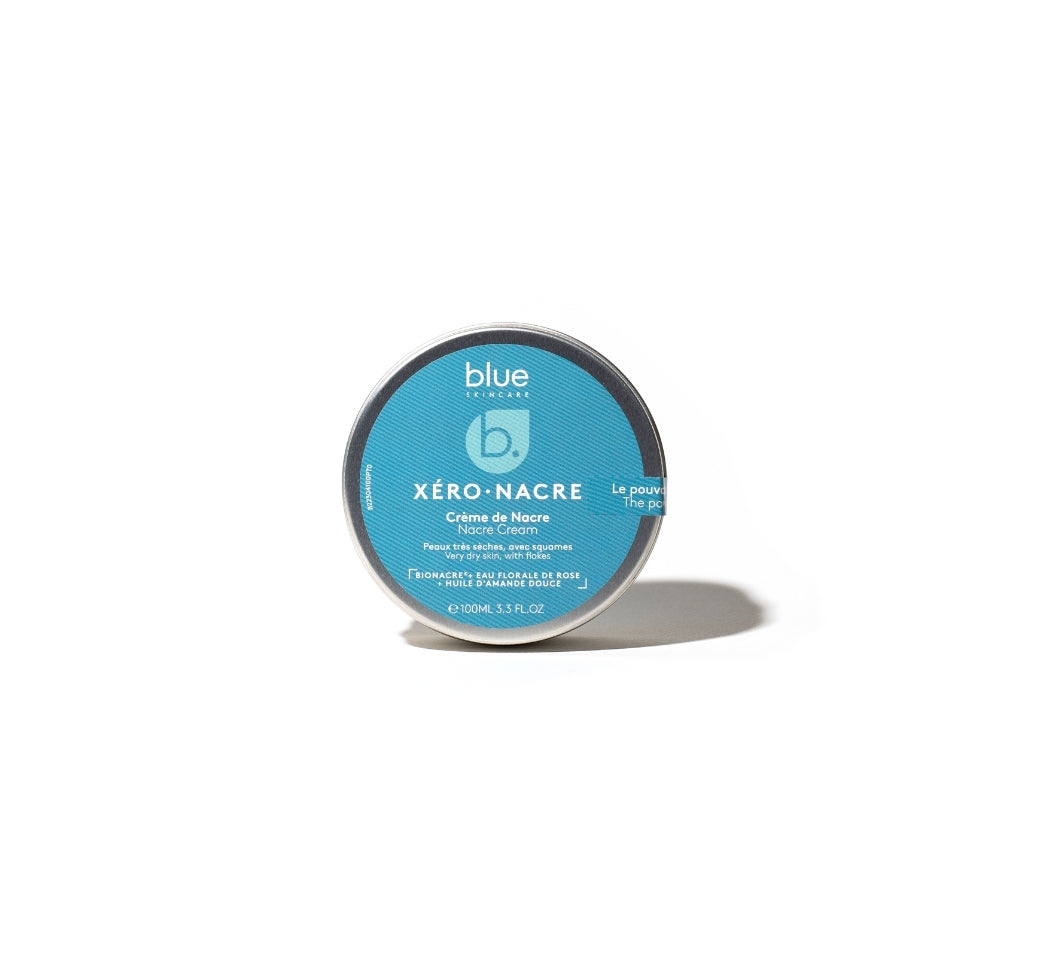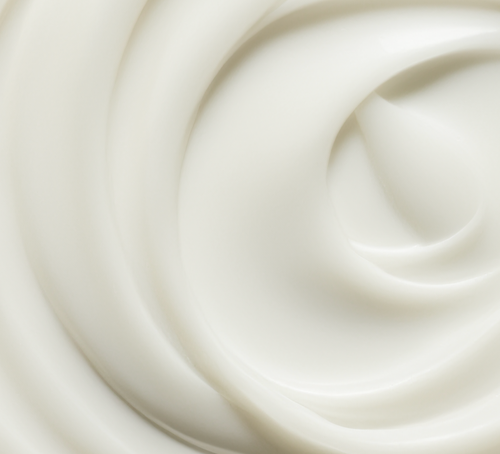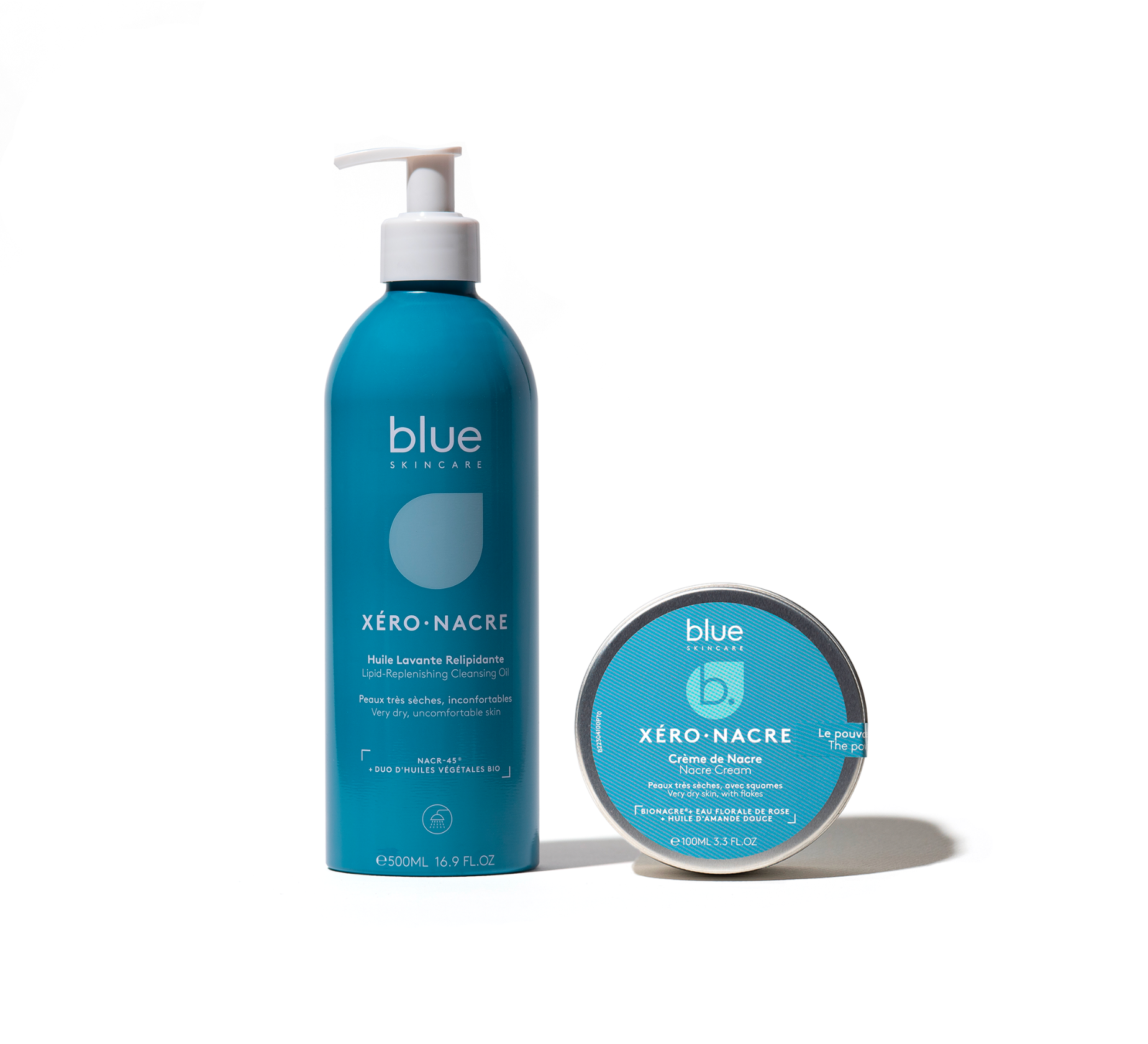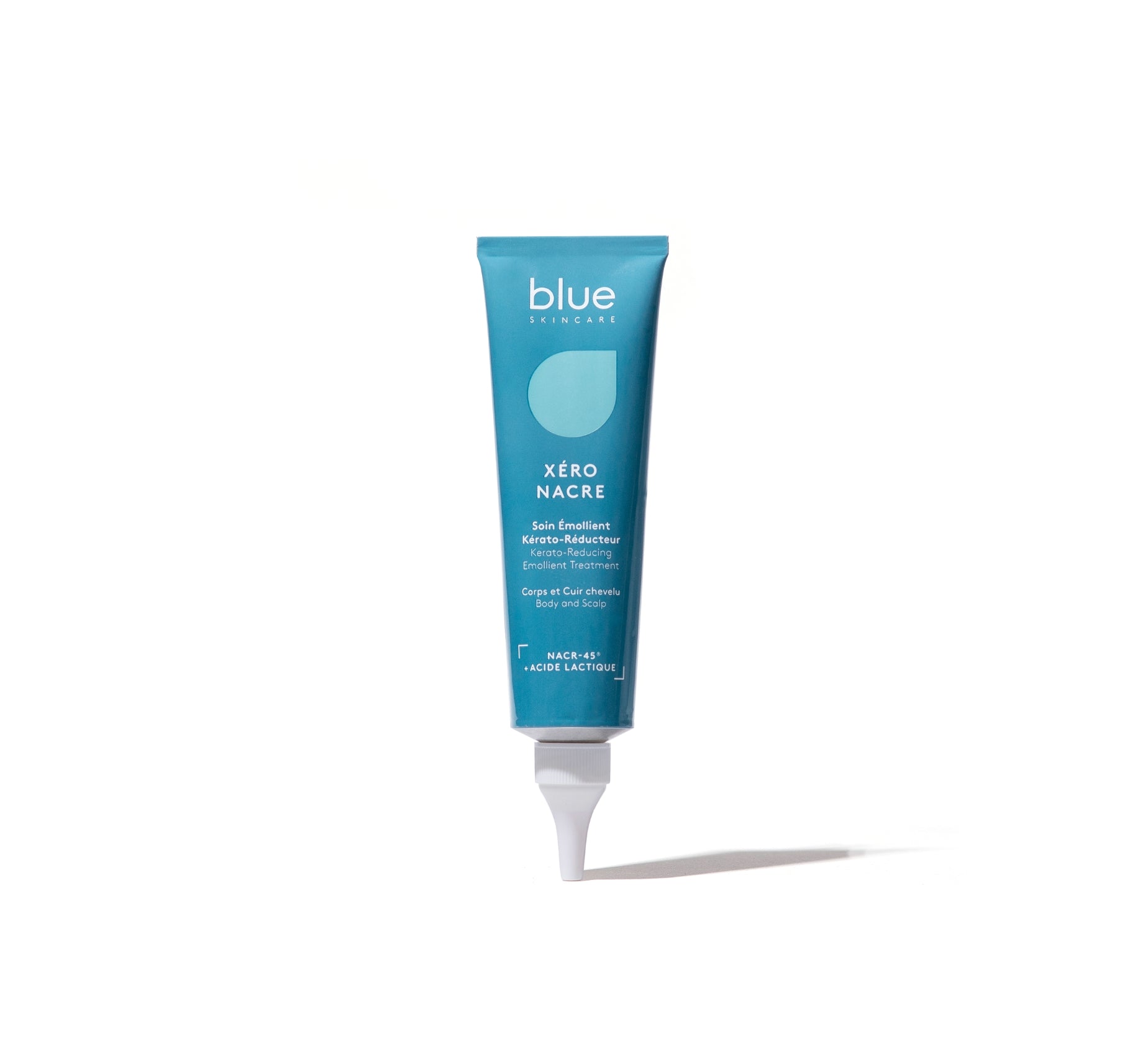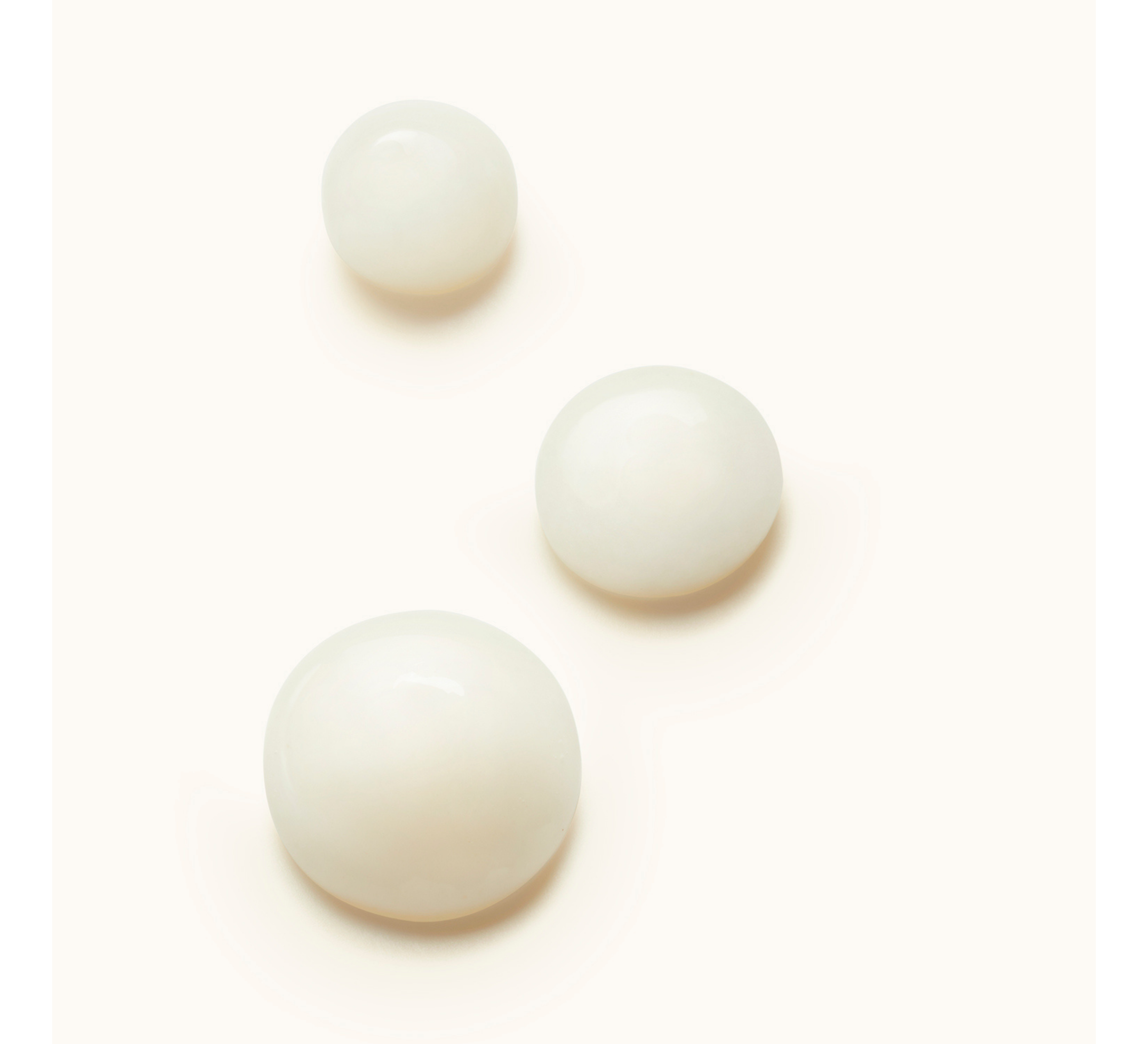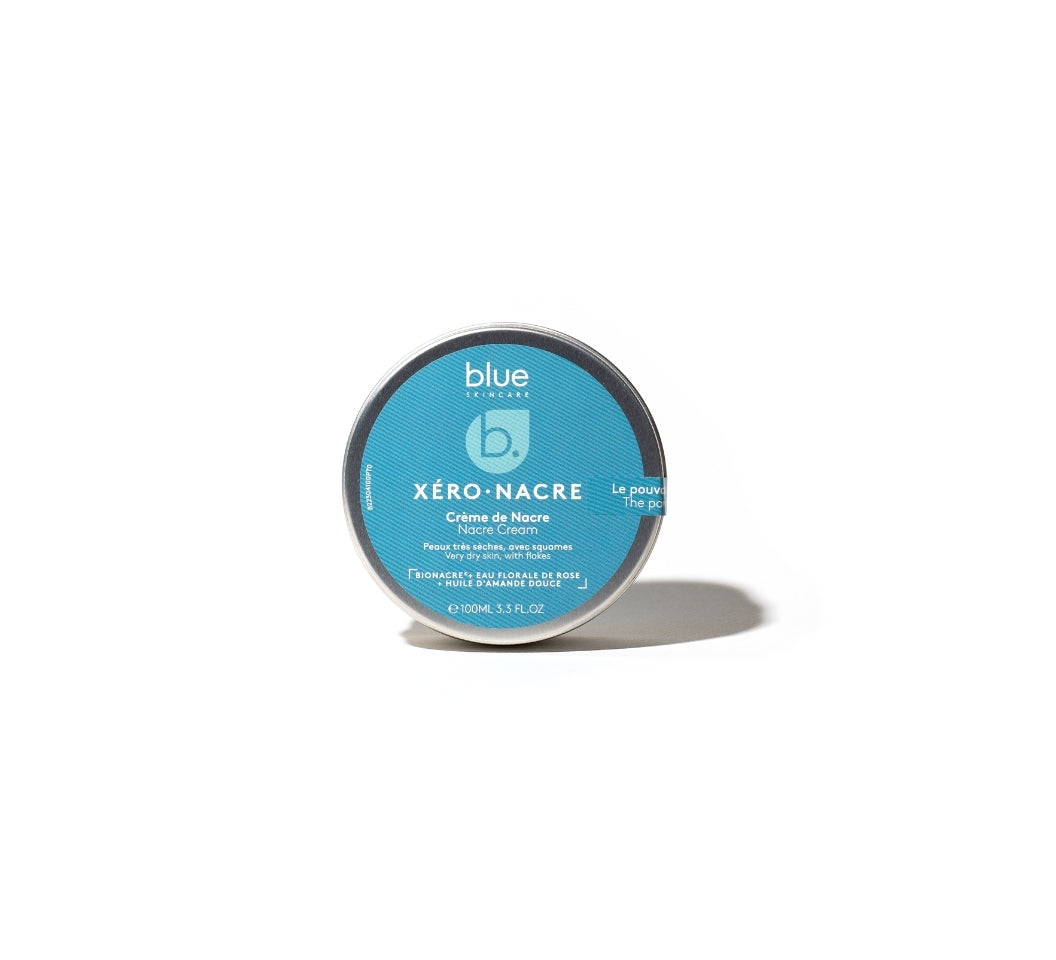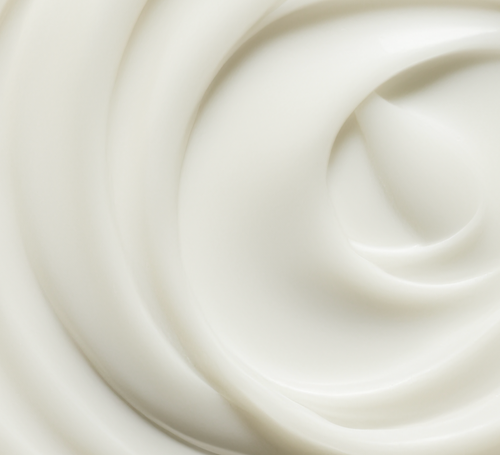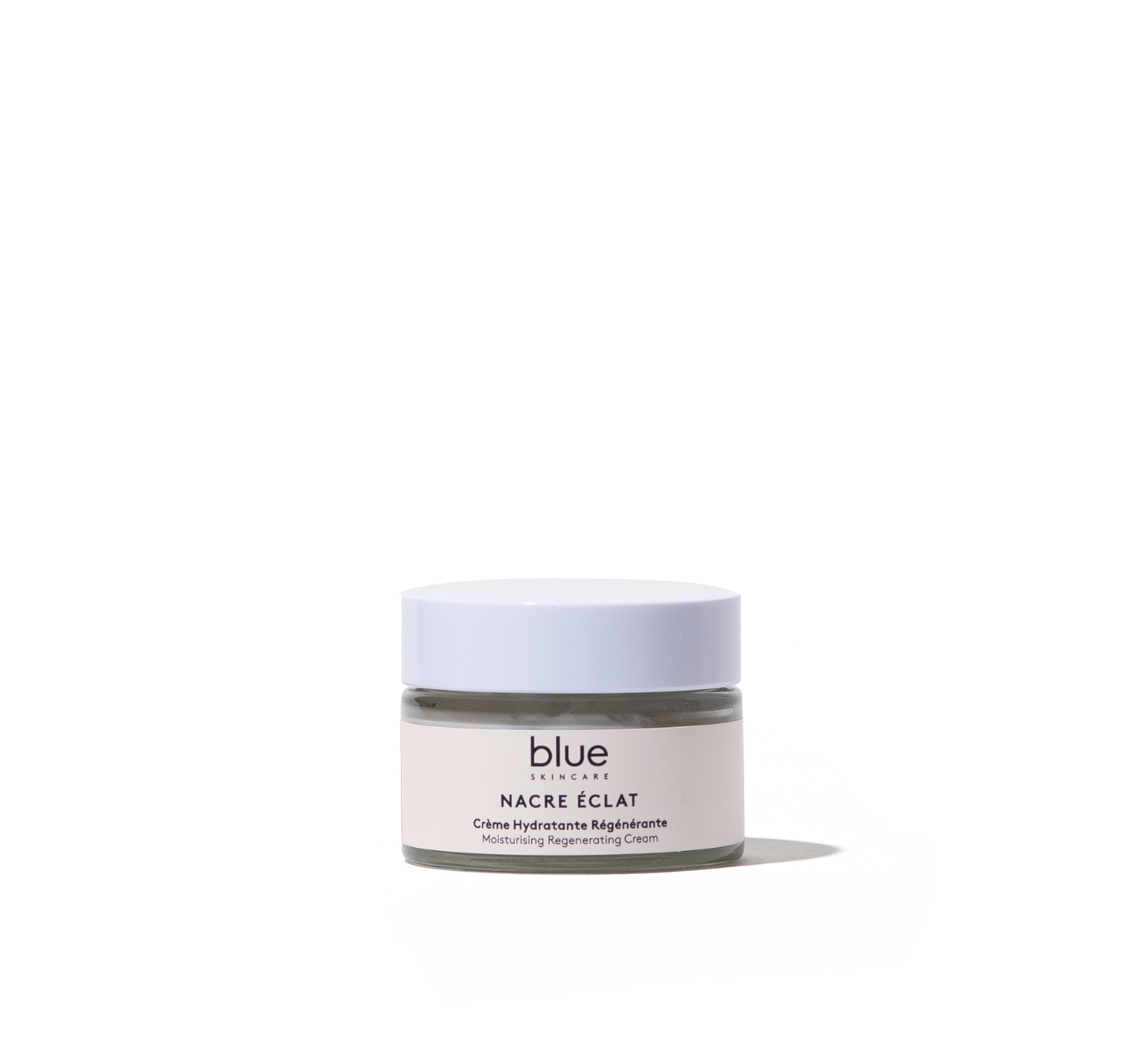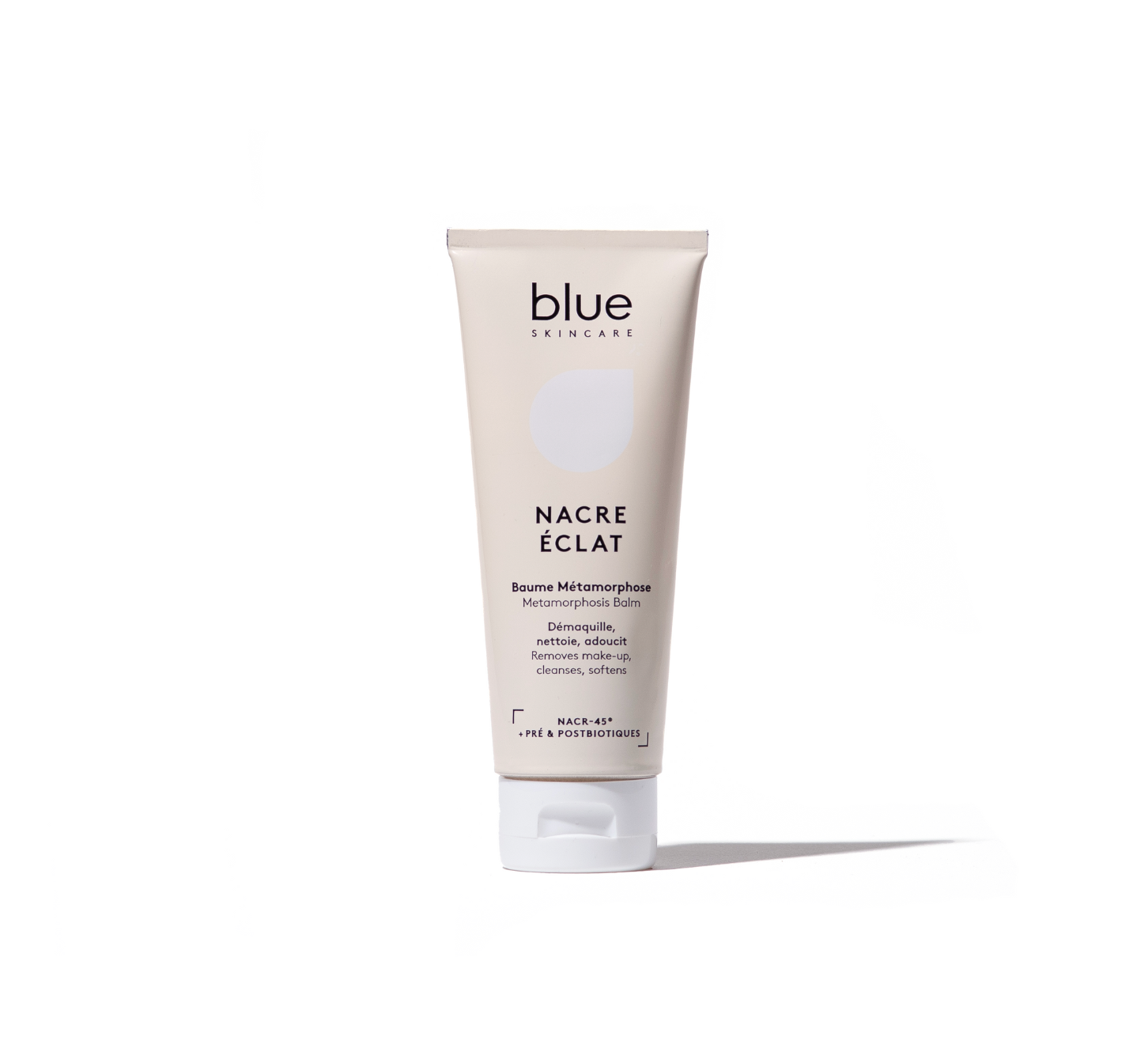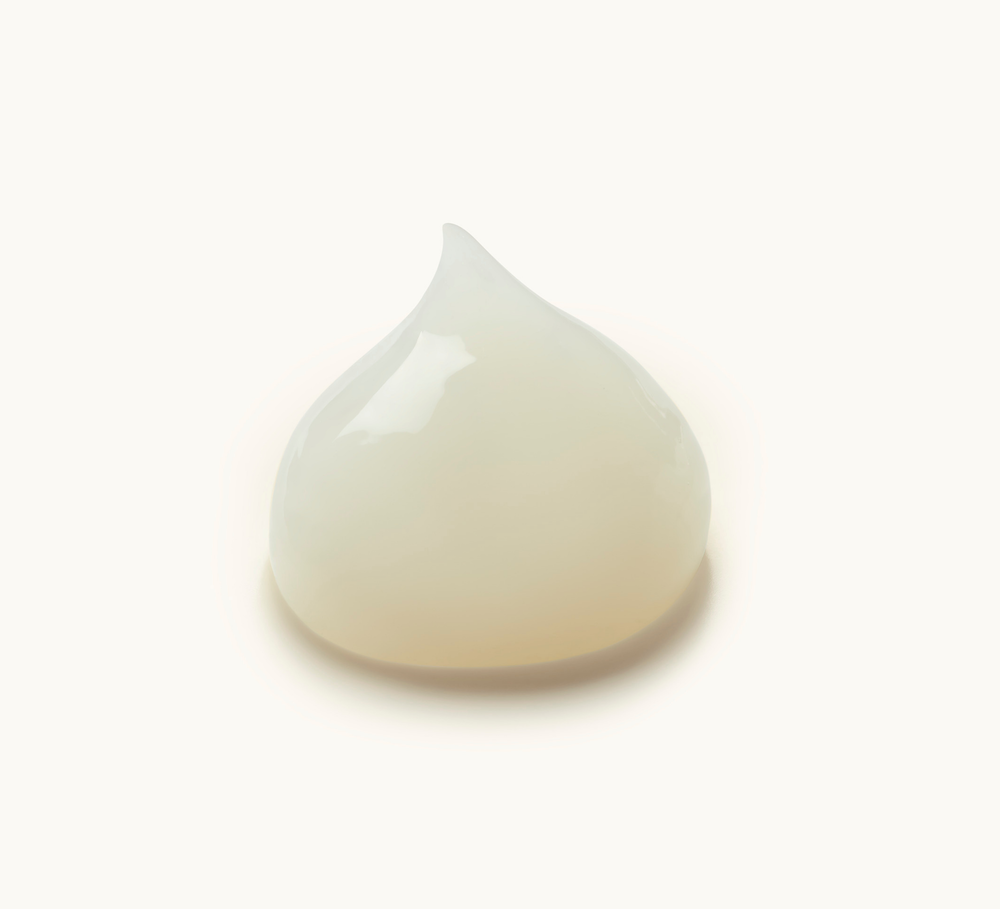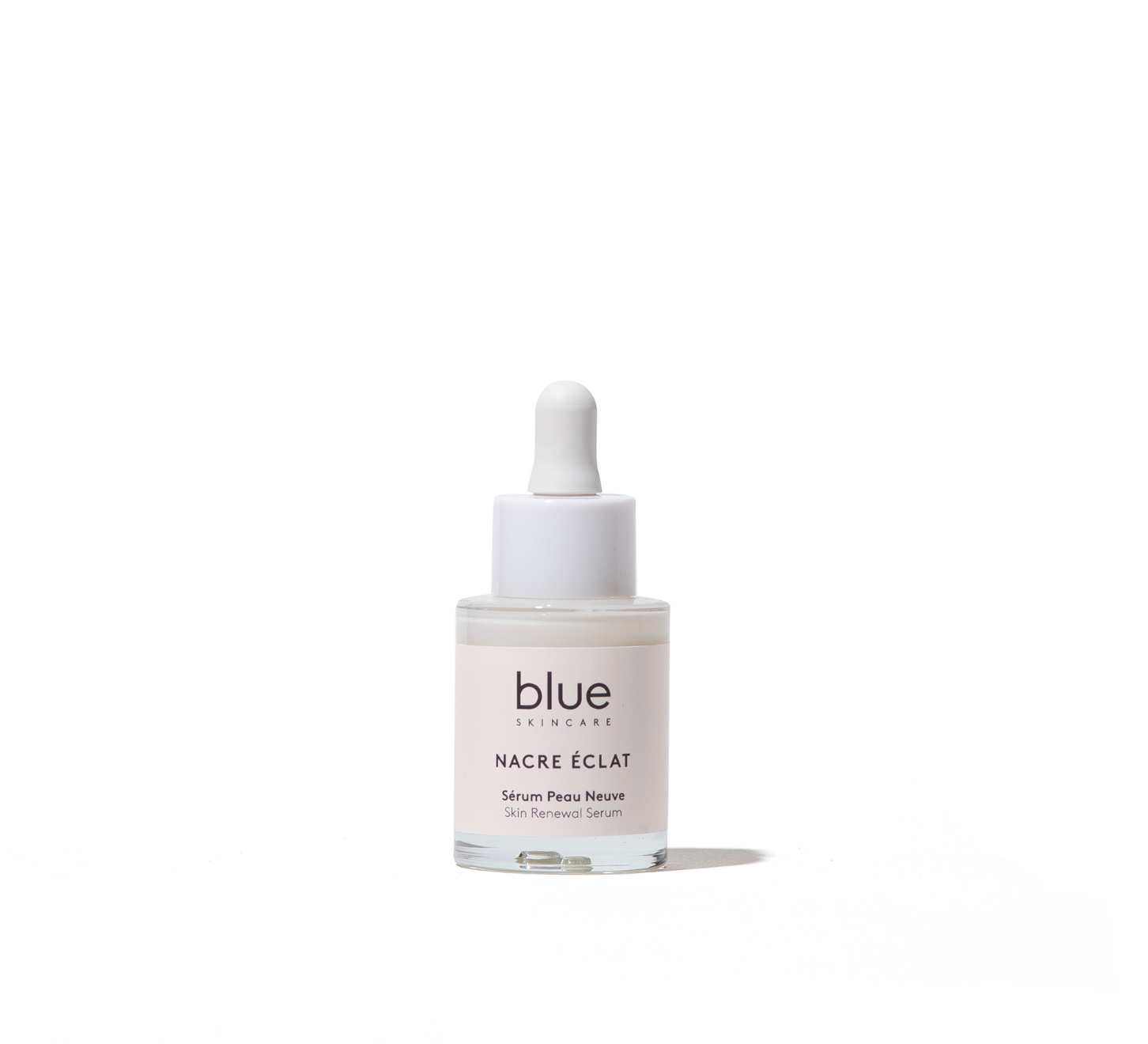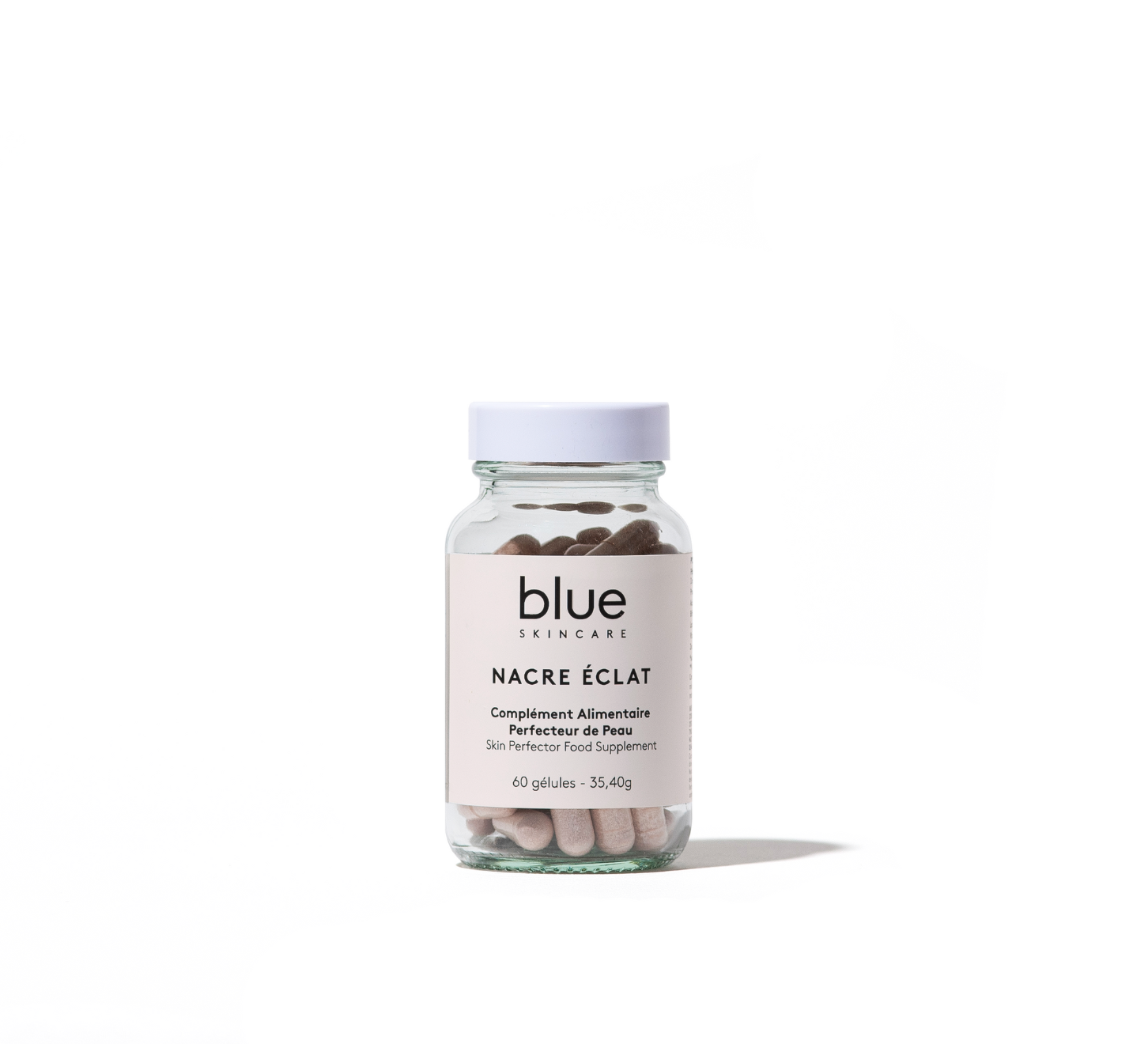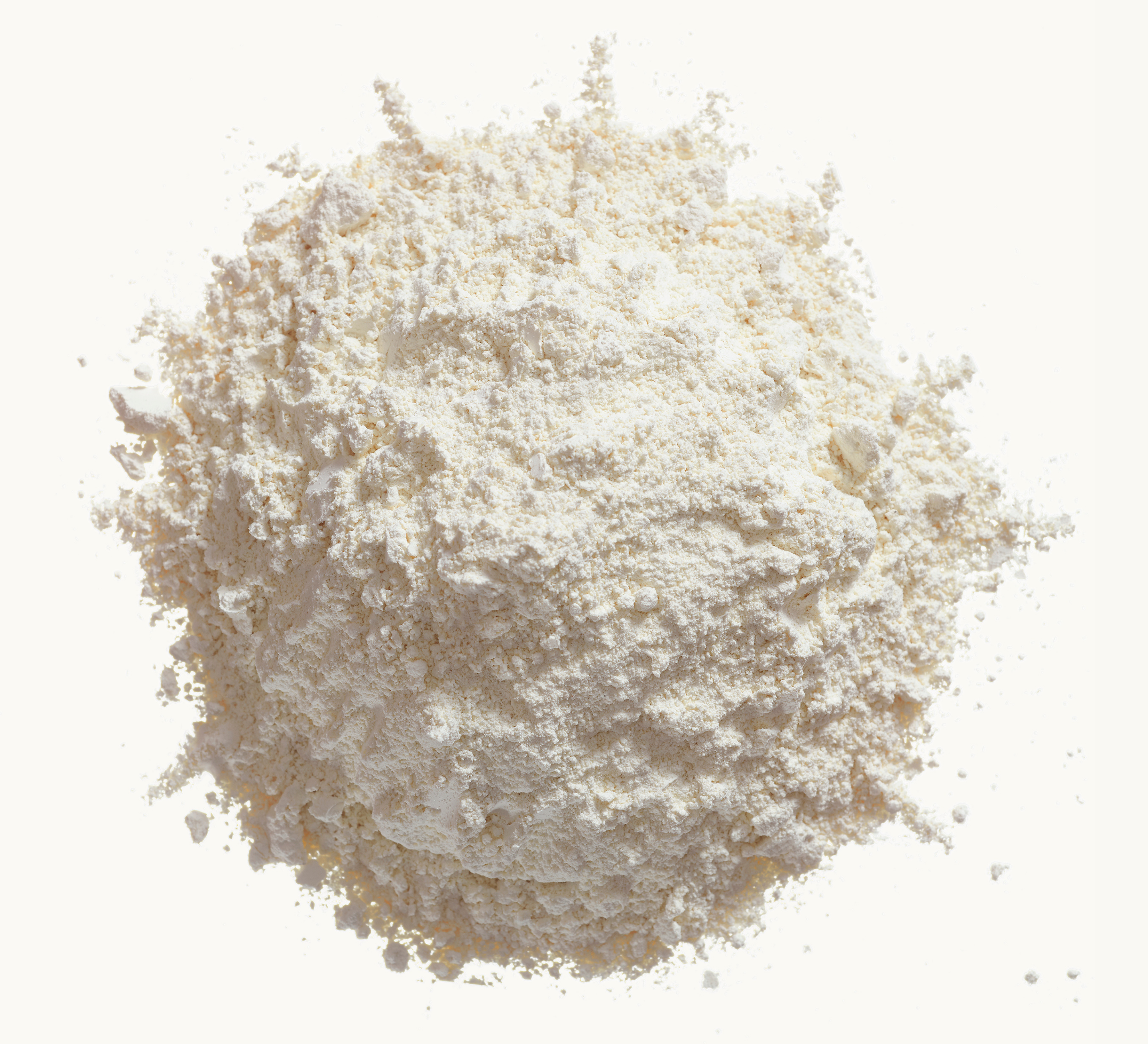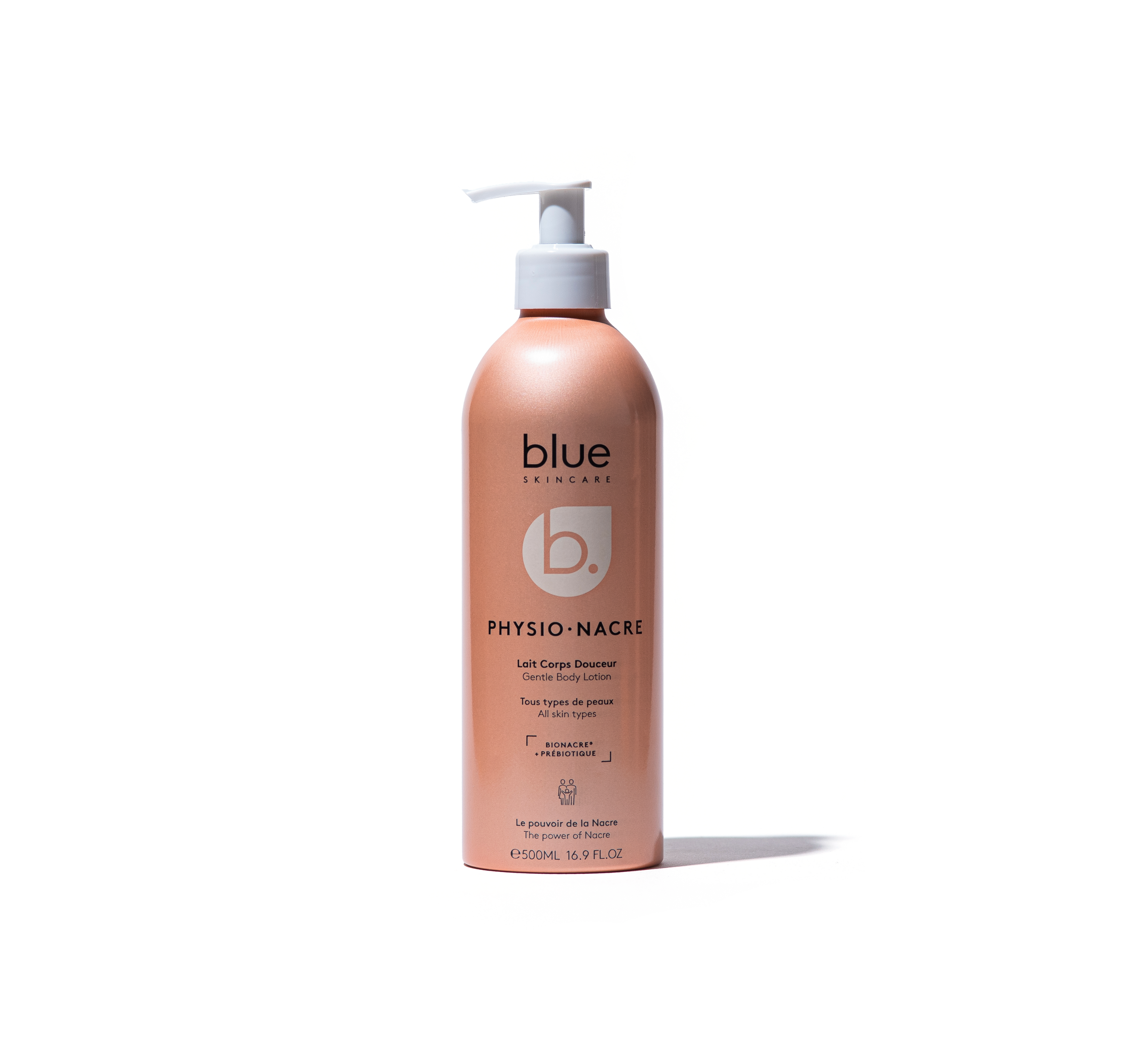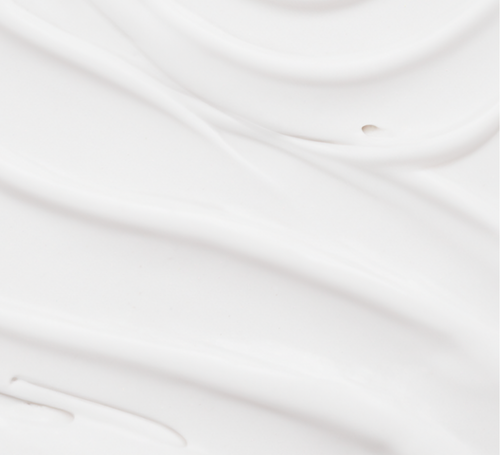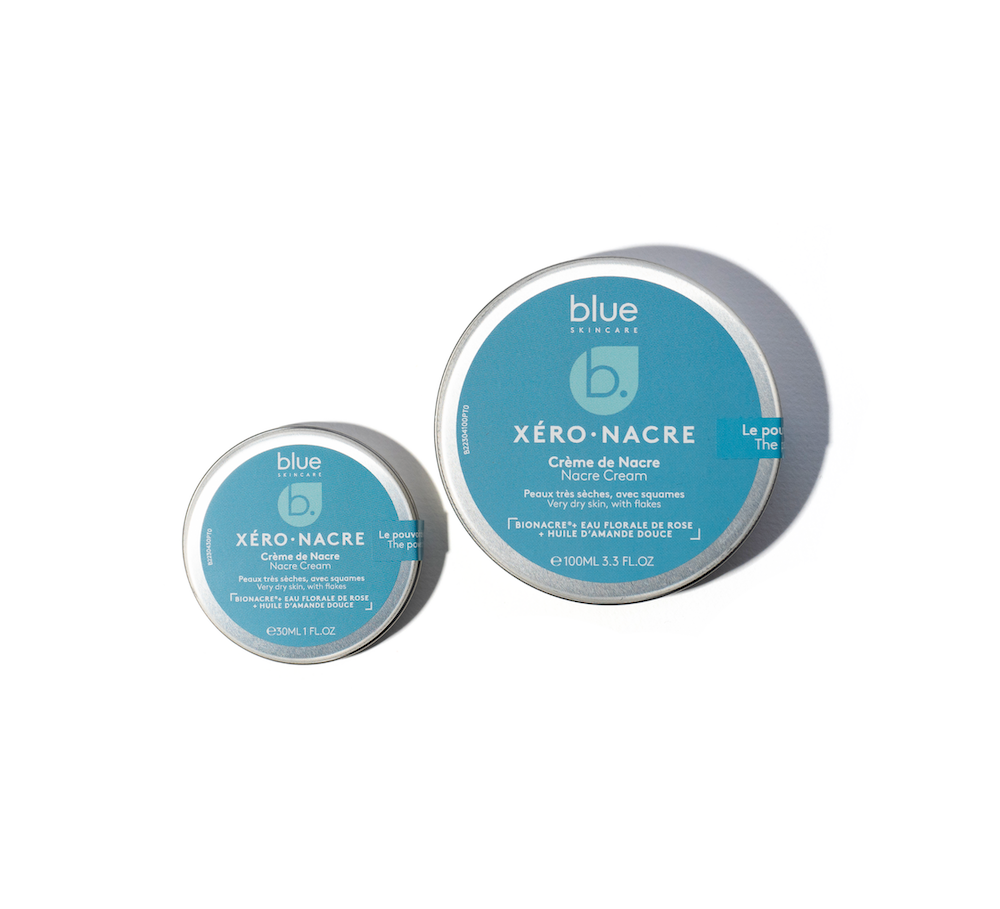We say a lot of things about food! Either by attributing sometimes magical virtues to some, or by demonizing others. What if we took stock of some preconceived ideas by sorting out the true from the false for these 21 questions that are bothering you regarding ahealthy diet .
Starchy foods: they make you fat, so should we stop? FALSE.
As with all foods, variety is what counts. Starchy foods are essential, so it all depends on how you serve them! Steamed potatoes with fresh herbs and a knob of butter are lighter and easier to digest than greasy fries . Always remember to accompany starchy foods with raw vegetables or a small green salad to provide the alkalizing touch that will rebalance the plate. Starchy foods provide carbohydrates, a real fuel for the body, necessary for the muscles but also for the brain and the heart. In a day, your food bowl can consist of around 50% starchy foods. Be careful when cooking pasta, prefer it al dente because if it is overcooked, its carbohydrates are less well metabolized.

Olive oil: and nothing else? FALSE.
Although it is excellent for its omega 9 and 6 content, it is recommended to vary the oils: walnut, flax, rapeseed, camelina, grape seeds. Avoid coconut oil , which is too rich in saturated fatty acids.
Oil: lighter than butter? FALSE.
No, no, oil is 100% lipid while butter is only 80%. On the other hand, we need good oils (olive, walnut, hazelnut, rapeseed, camelina) because omega 3 is essential for the proper functioning of the brain and all organs. A real energy store, fat makes up the cell membrane, so it is essential.
Egg: too high in cholesterol, should I stop? FALSE.
Dietary cholesterol is almost not affected by blood cholesterol, which is generated by the liver. Because they are rich in vitamin B, eating eggs regularly reduces the risk of cardiovascular disease by about 25% because the cholesterol in eggs prevents the body from producing it itself. In addition, eggs are an interesting source of protein.
Lactose: Doesn’t sheep’s milk contain any? FALSE.
It contains about 50 grams per liter compared to 47 for cow's milk. Its fat content is also twice as high. Avoid if you are lactose intolerant.
Honey: should you consume it without moderation? FALSE.
It's still sugar. About 80% of honey is sugar, although it does contain some minerals and vitamins.
Protein: at every meal? FALSE.

There is no need to eat meat or fish every day, and even less so at lunch and dinner. Swap them for plant-based proteins on a regular basis. Put pulses, legumes, and whole grains on the menu, alternating with fish and meat. But, unless you are vegetarian or vegan, do not eliminate meat and fish, which all contain essential amino acids, unlike legumes. Muscles and the immune system need them. By alternating animal and plant-based proteins, you help reduce pollution. Go see the film, Animal, by Cyril Dion to convince yourself! #animal.thefilm
Sugar : Does it make you fat? TRUE.
Yes, we (almost) all like sugar, associated in our subconscious with sweetness and reward. So yes to sugar in homemade recipes (pastries, pancakes, etc.) but no to added sugars in drinks, alcohol, confectionery and industrial pastries. This glucose intake provides energy to the organs and the brain but it must be consumed in small quantities (those found naturally in fruits and homemade preparations are sufficient). Prefer brown sugar, which is richer in magnesium, potassium, phosphorus, but there is no point in consuming more just because it is more interesting.
Calcium: Does skim milk contain less than whole milk? FALSE.
While fat is eliminated in skimmed milk, this is not the case for the other nutrients in milk. On the other hand, calcium is also found in many waters, sardines, fresh parsley, cheeses, watercress, and seaweed. Beware of "plant milks" (almond, oat, soy rice, coconut, etc.) which do not have the same nutritional value as cow's milk, far from it! They are naturally low in protein (with the exception of soy beverages), generally enriched with simple sugars or even oil, do not contain calcium and very few vitamins.

Vegetables: frozen, are they less rich than fresh? FALSE
Far from it, they are often even more vitamin-rich than some poorly preserved fresh vegetables, whether during the distribution circuit or at home. Fragile, vitamins are easily destroyed by light, heat, air. Vegetables oxidize and nutrients degrade. Washed and then frozen very quickly after harvest, vegetables retain all their nutritional qualities.
Fruits: whole or juiced, is it the same? FALSE
There is one small thing that separates them: fiber, which makes all the difference. The fiber contained in whole fruits allows the proper assimilation of carbohydrates. Juices, on the other hand, deliver their dose of sugar, which immediately goes into the blood and increases blood sugar. As for vitamins, fresh juices contain as many as whole fruits, but they must be drunk quickly. To be more digestible, fruits and fruit juices are consumed at the beginning of a meal rather than at the end. Placed above the food bowl, they tend to ferment and slow down digestion.
Orange: the champion of vitamin C? FALSE



Kiwi contains twice as much, yellow pepper surpasses them both with almost twice as much as kiwi and therefore four times as much as orange.
Vitamin C: Does it prevent you from sleeping? FALSE
If vitamin C acts on dopamine, which itself acts on wakefulness, conversely, it does not intervene on the sleep cycle, which can naturally take place in parallel and independently. Therefore, taken outside of or at the end of a meal, a fruit juice swallowed in the evening can be indigestible and therefore prevent sleep, but this will be independent of vitamin C.
Spinach: the champions of iron? FALSE
If Popeye claimed the superpowers of spinach, it is about ten times less rich in iron than what has long been imagined. Lentils, parsley, certain waters, offal, black pudding, dandelion, purslane, white and red beans contain more . Women need about 24 mg/day, men half as much. Spinach benefits from other qualities. Rich in vitamins A, B9, C and K, in antioxidants , it is also very low in calories. It is one of the most interesting detox vegetables to eat raw, in salad, cooked or in juice.
Meals: Do we skip them to lose weight ? FALSE
Skipping meals is not interesting, unless, when sick, you cannot swallow anything. And, there again, it is more necessary than ever to hydrate or rehydrate in the event of gastroenteritis for example. Digestive herbal teas combined with a real vegetable and poultry broth, provide everything the body needs in the event of digestive disorders. Skipping meals regularly encourages the body to restore the balance between energy intake and expenditure, and to do this, it will draw on its reserves. But, as the body is intelligent and has a memory, alerted by repeated deprivation, it will store more and more in order to build up reserves in anticipation of the next episodes of deprivation. So prefer to eat a balanced diet, eliminate the intake of added sugars, drink a liter of water and move at least thirty minutes a day, you will reach your equilibrium weight without creating deficiencies.
Gluten: Is it better to be gluten-free? True and False
For those who are gluten intolerant, life "without" is a rebirth. Their digestive problems disappear, their diet is more of a source of energy and pleasure. For those who do not notice any difference after excluding gluten from their diet, there is no reason to do so. However, more and more people who are not gluten intolerant, who experiment with its elimination, say they feel lighter after meals and especially less tired. This is certainly due to digestion being less energy-intensive.
Beer: Ideal for new mothers? True and false.


TRUE! Because it promotes the production of milk due to the barley malt which stimulates the secretion of prolactin (which is why wet nurses were advised to consume it for a long time) but false for the alcohol intake which should be avoided when breastfeeding. But, without alcohol, beer and even brewer's yeast have the same effect on lactation. Some brewers produced them especially for them, with a low alcohol content!
Ginger, an aphrodisiac? True and false
Its stimulating nature is the origin of its reputation as an aphrodisiac. In reality, it is above all an excellent "natural medicine". Nausea, headaches, colds, it is recommended to consume it fresh, infused with a spoonful of honey and a dash of lemon to better resist the minor ailments of winter and to support digestion. Rich in antioxidants, it is also a long-term ally to alleviate rheumatism and reduce all kinds of inflammatory conditions.
Carrots: Are they good for your health? True
It is the champion of beta-carotene, the plant pigment that gives this orange or yellow color. Very rich in vitamin A, a booster of the rise of melanin, the famous shield between the sun's rays and the skin, beta-carotene brings tanning (remember that it is nothing other than a reaction of the skin to an aggression...). So take a carrot cure if you want to push the cursor of the healthy glow , but do not abuse food supplements rich in beta-carotene at the risk of sporting a complexion that is a little too... carroty.
Apple: a real health food ? True
Very rich in fiber and antioxidants, apples protect against the appearance of various pathologies, in particular inflammatory and cardiovascular pathologies, including cellular aging.

Fish: Is it memory? True
Even if it is not directly a stimulant of memory or cognitive functions, fish is rich in phosphorus (eggs, cheese, meat also contain it). In addition, oily fish are very rich in omega 3, a fatty acid essential for cellular protection and in particular for the proper functioning of the brain. It is recommended to consume fish 2 to 3 times a week for its protective role of the nervous system and cognitive functions, via the proper functioning of the brain.
